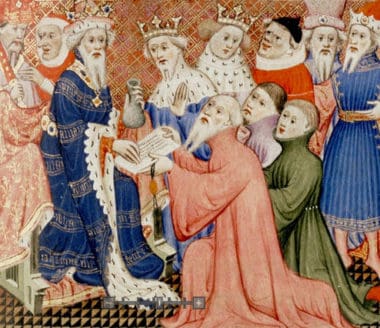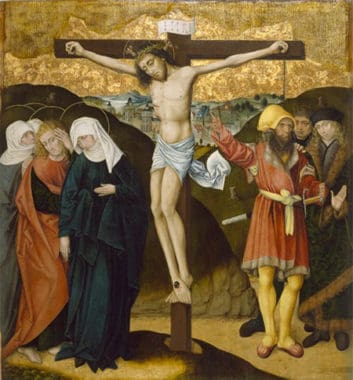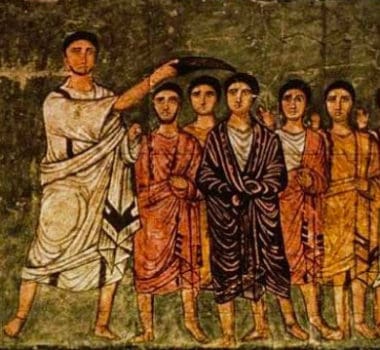The Avila Institute’s Graduate Program in Spiritual Theology is a forty-credit hour graduate-level endeavor that conveys an in-depth and holistic treatment of the Church’s mystical tradition.
Graduate Studies at the Avila Institute are ideal for:
- Individual Catholics: Any individual Catholics seeking to deepen their faith
- Spiritual Directors: Spiritual Guides, Spiritual Mentors, etc.
- Ordained / Religious: Priests, Deacons, Religious, Consecrated, etc.
- Professionals: Therapists, Psychologists, Psychiatrists, Chaplains, etc.
- Apostolate Leaders: Catechists, Directors of Religious Education, Teachers, Youth Ministers, Administrators, etc.
2 Year Program
- Open to those seeking personal enrichment, continuing education, or a graduate certificate, the full graduate program is designed to be taken over eight quarters in two years, but can also be taken over an alternate schedule of three or four years.
- 12 Courses, Apostolic & Retreat Experiences
- The graduate program involves twelve courses, an apostolic experience and a retreat experience. The latter two aspects are optional for students enrolled at the graduate level for personal enrichment only. A condensed, continuing education certificate is awarded to students who simply complete twelve courses.
Tuition
$450 per course (full and partial scholarships are available).
Successful Completion
Successful completion of the Graduate Program prepares graduates to 1) deepen their relationship with Christ through mystagogical engagement with the ascetical and mystical riches of the Church and 2) engage in parish ministry, catechesis, and other apostolates or professions that require the animating life of Christ to achieve their mission.
Real-World Application
A graduate should be well prepared to enter training programs for spiritual direction and counseling with advanced standing.
Graduate Level Course Examples
The Spiritual Wisdom of Eastern Christianity
This course offers an introduction to the spiritual treasures of the Byzantine tradition of Christianity. The first part looks at the distinctive features of its rich liturgical piety. The second part extends this liturgical perspective to include the ways in which icons communicate the mysteries of the faith. And the third part examines the Hesychast tradition, focusing on the Prayer of the Heart.
Christian and Non-Christian Spiritualities
 What is the nature of spirituality? What questions must it answer? And, what distinguishes authentic Catholic spirituality from opposing forms of spirituality today? This graduate level course answers these questions and more with the wisdom of Hans Urs von Balthasar and the instruction provided by the Congregation for the Doctrine of the Faith.
What is the nature of spirituality? What questions must it answer? And, what distinguishes authentic Catholic spirituality from opposing forms of spirituality today? This graduate level course answers these questions and more with the wisdom of Hans Urs von Balthasar and the instruction provided by the Congregation for the Doctrine of the Faith.
Theology of Divine Mercy, Conversion, and Suffering
 In this exploration of the theology of mercy, the spiritual doctrine of Saint Therese of Lisieux, Saint Maria Faustina, Saint Teresa of Calcutta, and Saint Pope John Paul II are thematically surveyed in relation to the realities of conversion and suffering in the Christian life. In light of these modern day witnesses and the teachings of Pope Francis and Pope Benedict, Divine Mercy remains the dominant spiritual theme of our era and a key to approaching the new evangelization. Learn more in this Graduate level course.
In this exploration of the theology of mercy, the spiritual doctrine of Saint Therese of Lisieux, Saint Maria Faustina, Saint Teresa of Calcutta, and Saint Pope John Paul II are thematically surveyed in relation to the realities of conversion and suffering in the Christian life. In light of these modern day witnesses and the teachings of Pope Francis and Pope Benedict, Divine Mercy remains the dominant spiritual theme of our era and a key to approaching the new evangelization. Learn more in this Graduate level course.



